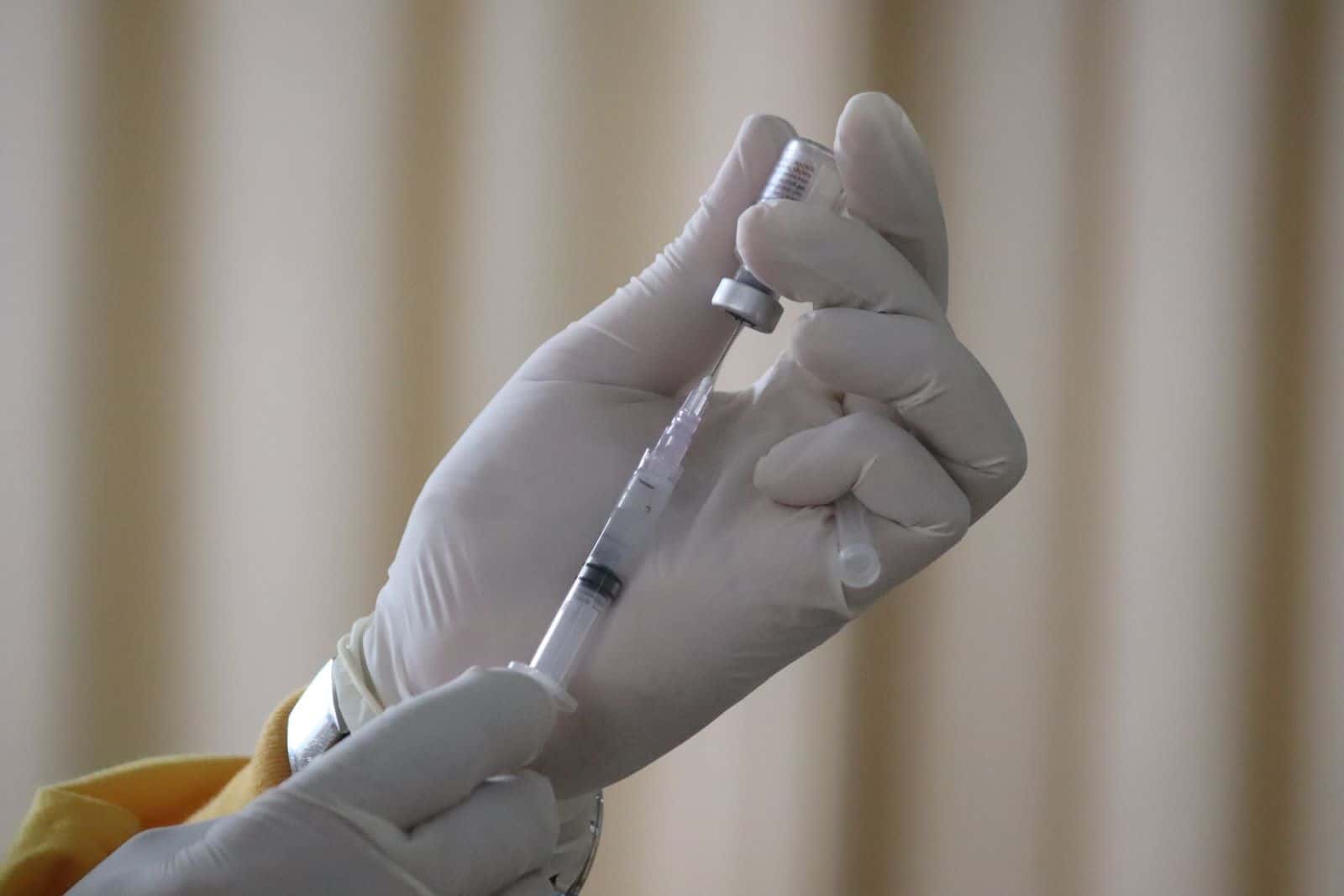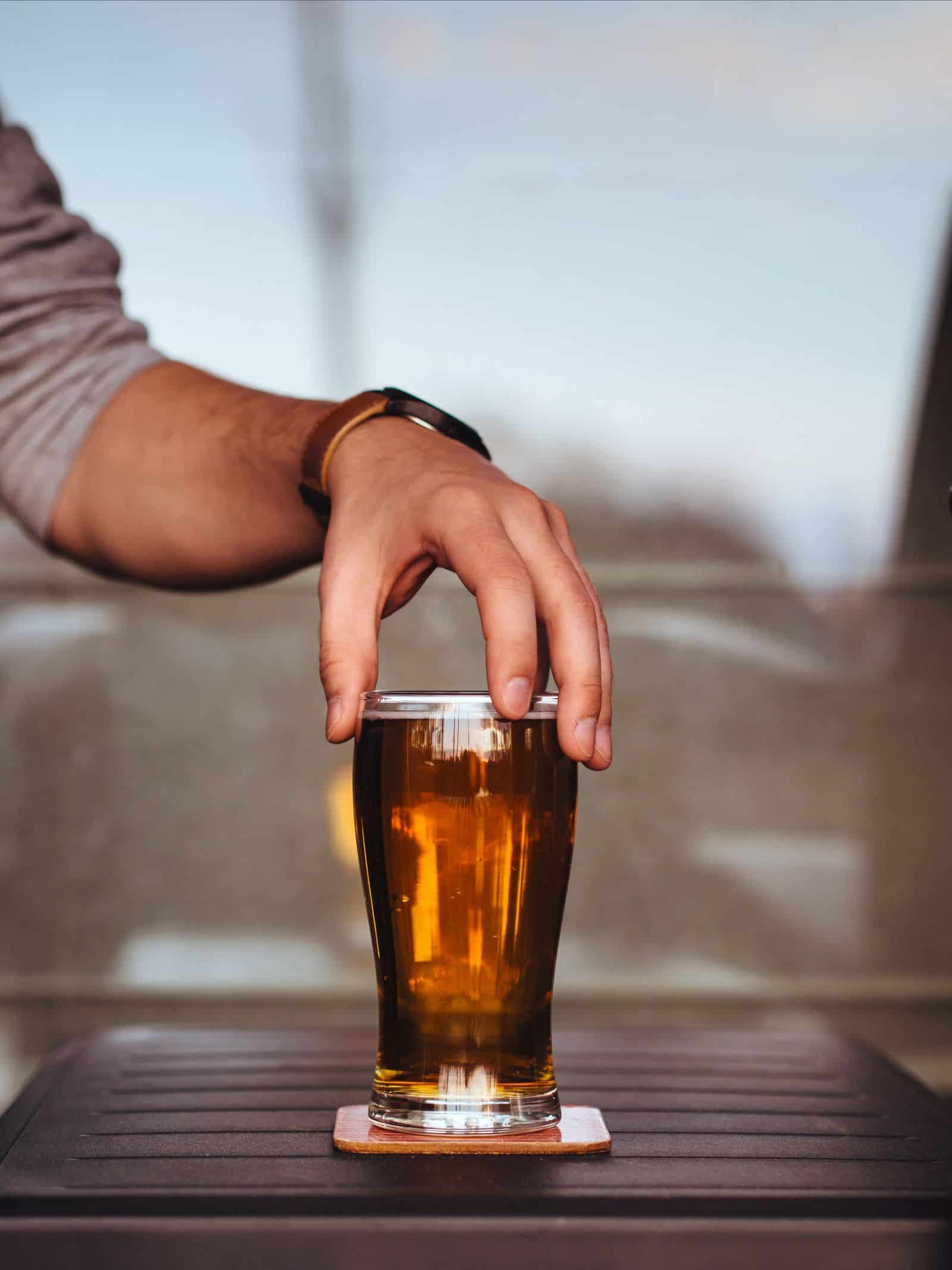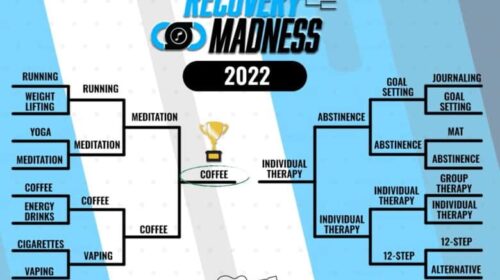Vivitrol® treatment is often prescribed by doctors and healthcare providers to assist in the recovery from alcohol dependence and opioid dependence. While several studies have shown it can reduce alcohol cravings and use, it does have a low risk of side effects and can take several months to make a difference.

Vivitrol® Drug Facts
Naltrexone is a medication-assisted treatment for alcohol dependence and alcohol use disorder and is known by its brand name Vivitrol®.[1] Because naltrexone is the active ingredient, it blocks the opioid receptors in your or your loved one’s brain. This action — the naltrexone binding to the receptors — stops the usual feelings of euphoria or pleasure one derives from drinking alcohol through an extended-release.
While naltrexone also has a pill form taken orally on a daily basis, many doctors and healthcare providers found it difficult to ensure patients took it as prescribed. However, a Vivitrol® injection is a once-a-month intramuscular shot that is just as effective, and the patient is less likely to miss a dose. It isn’t recommended for use in anyone under 18 years old and should only be used under the guidance and support of a qualified healthcare provider.
Vivitrol® Uses
Vivitrol® is primarily given for alcohol use disorder but may be used for alleviating withdrawal symptoms associated with opioid use disorder. Because it’s an opioid antagonist — Vivitrol® blocks the opioid receptors in your brain to reduce the amount of alcohol you feel like drinking — you begin to have fewer alcohol cravings. For opioid use disorder, you or your loved one don’t experience the pain relief provided by opioids.
How Vivitrol® Interacts With The Brain
When you or a loved one drinks alcohol, your brain releases endorphins, the chemicals responsible for good or pleasurable feelings. The endorphins bind with opioid receptors, which trigger the positive feelings associated with drinking. In turn, your brain and central nervous system begin to tolerate lower levels of alcohol; this makes you consume more to achieve euphoric feelings.
But Vivitrol® blocks the opioid receptors and prevents endorphins from binding. You may continue drinking while taking Vivitrol® and become intoxicated, but you won’t experience the euphoric and good feelings.
Physical Vivitrol® Side Effects
General physical side effects include anxiety; dizziness; drowsiness; headache; loss of appetite; nausea; and tiredness. If you or a loved one regularly misuses opioids or opiates, mild opiate withdrawal symptoms are possible, including stomach pain; bone or joint pain; muscle aches or muscle cramps; and/or a runny nose.
Serious side effects may include:
- Breathing issues, including cough, shortness of breath, and/or wheezing;
- Depression or suicidal ideation;
- Fast or irregular heartbeat; and/or
- Pneumonia.
Some people who are taking Vivitrol® experience severe injection site reactions, including blisters; bruising; itching; pain; redness; sores; and/or swelling. Site reactions may occur more than ten days after injection.[2] Contact your doctor or healthcare provider immediately if these reactions get worse or last longer than two weeks.
If you or your loved one have a physical dependence on opioids, sudden opioid withdrawal symptoms can happen within minutes when using Vivitrol®. These symptoms may include:
- Diarrhea;
- Mental or mood changes, including anxiety, confusion, extreme sleepiness, and/or visual hallucinations; and/or
Vomiting
Even though this is a long list of mild to severe Vivitrol® side effects, it’s important to remember that most people taking the medication don’t experience serious to severe side effects. Speak with your doctor or healthcare provider about any concerns you may have.
Mental Health Side Effects Associated With Vivitrol®
Some side effects of naltrexone also impact your mental health and can occur at any point during Vivitrol® treatment. It has been known, in some patients, to cause depression and suicidal ideation and behaviors. Depression symptoms include:
- Body weight changes;
- Feeling angry and/or aggressive;
- Feeling hopeless and/or sad;
- Losing interest in activities and/or hobbies.
If you or a loved one notice any symptoms of depression or have suicidal ideations, contact your doctor or healthcare provider immediately.
Vivitrol® Treatment Timeline
How long you or a loved one use Vivitrol® treatment depends on a number of factors determined by a qualified healthcare professional. Your doctor or healthcare provider will give a comprehensive examination of your physical and mental health while learning about the severity of your substance use disorder. With this information, they’ll develop a treatment timeline which may range from 12 weeks to 12 months.

What Happens If You Drink After A Vivitrol® Dose?
Some medication-assisted treatments for substance use disorders cause unpleasant side effects if you or your loved one use the substance at the same time.
Although it’s not recommended to continue drinking alcohol while undergoing treatment with Vivitrol®, most people don’t have serious side effects. You’ll generally experience the same symptoms associated with alcohol — poor coordination, decreased response time, and slower thinking and reasoning. But because Vivitrol® only inhibits the euphoric feelings of drinking, you or a loved one may drink more than usual. This can increase the risk of liver damage and associated health problems.
Vivitrol® Risks and Safety Information
Vivitrol® is generally safe for most people to use for alcohol use or opioid use disorder. But, like the majority of medications, it does have associated risks and should only be used as prescribed.
One of the most serious side effects of Vivitrol® is the risk of an opioid overdose. It occurs one of two ways. The first is when a person tries to counter the blocking effect of Vivitrol® by taking a large amount of an opioid. Or, as the blocking effect decreases over the four-week period, taking the same amount of opioids as before Vivitrol® can cause a life-threatening overdose or even death.
It’s crucial you let your doctor or healthcare provider know if you have or have had:
- Any type of opioid use in the prior 1-2 weeks, including buprenorphine, methadone, and morphine;
- Bleeding issues, such as hemophilia and low platelets;
- Kidney disease; and
- Liver problems.
If you believe someone is at risk of overdose and is presenting serious symptoms like unconsciousness or trouble breathing, call 911 immediately.
Medication Interactions With Vivitrol®
Make sure to tell your doctor or healthcare provider about all herbal supplements, medications, and vitamins — prescription and non-prescription — before starting Vivitrol®. It may cause drug interactions with:
- Blood thinners, including enoxaparin and warfarin;
- Dextromethorphan;
- Diarrhea medications;
- Opioid pain or cough relievers, including codeine and hydrocodone.
Vivitrol® may also interfere with specific lab tests, including some drug tests, and potentially cause false results.
Learn More About Alcohol and Substance Use Disorder Treatment At Recovery Unplugged
If your doctor or healthcare provider feels that Vivitrol® is a good option for your alcohol use disorder, Recovery Unplugged can help. Our experienced and professional staff believes in the power of using evidence-based treatments, one-on-one counseling and therapy, support groups, and music therapy. Contact us today to learn about our range of services for substance use disorders.

























